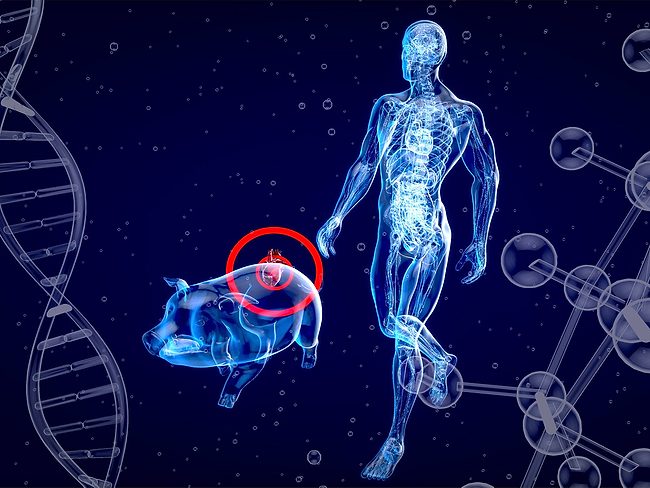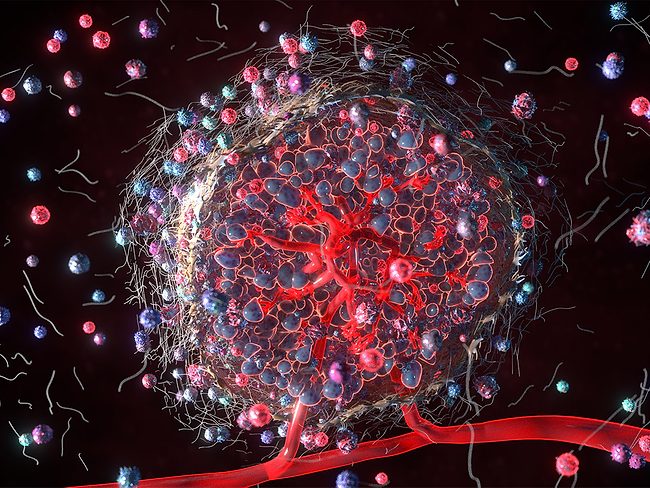
Drug design, drug delivery and technologies
Drug design, drug delivery & technologies
Ten days of normal survival of a pig liver in a human being
Read MoreDrug design, drug delivery & technologies
New DNA-PK inhibitors disclosed in West Pharmaceutical patent
Read MoreDrug design, drug delivery & technologies
Ten days of normal survival of a pig liver in a human being
Read MoreDrug design, drug delivery & technologies
Ten days of normal survival of a pig liver in a human being
Read MoreDrug design, drug delivery & technologies
AI-based spatial omics unveils molecular talks in tumors
Read MoreDrug design, drug delivery & technologies
AI-based spatial omics unveils molecular talks in tumors
Read MoreDrug design, drug delivery & technologies



